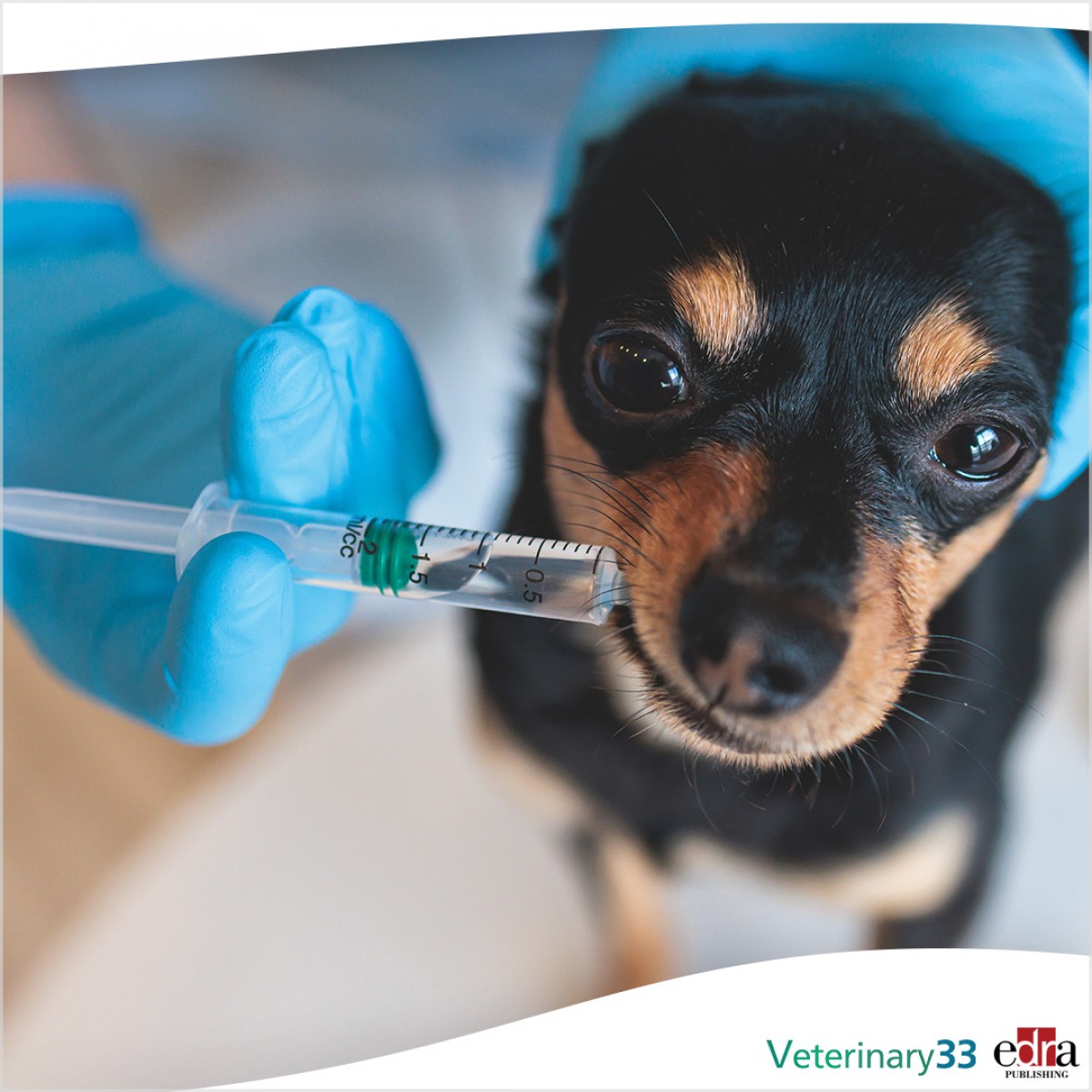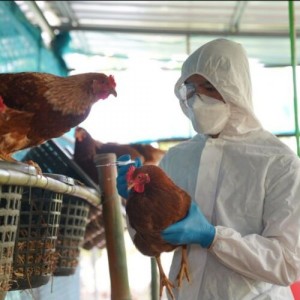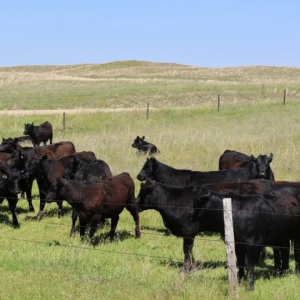Evaluation of adverse events in small-breed dogs treated with maropitant and a single dose of doxorubicin
Background: The recommended doxorubicin (DOX) dose for small dogs is 1 mg/kg. Recent data suggest that DOX-induced gastrointestinal (GI) toxicosis can be reduced with maropitant treatment.
Objectives: To investigate the incidence of adverse events (AEs) in small-breed dogs administered a single 25 mg/m2 DOX followed by administration of maropitant (DOX25). The primary aim was to assess myelo- and GI toxicoses for 2 weeks after DOX administration. The secondary aim was to compare the incidence and grades of AEs found in the DOX25 group with a historical control group (DOX 1 mg/kg without administration of antiemetic or antidiarrheal medications).
Animals: Nineteen small-breed tumor-bearing dogs.
Methods: A prospective, observational study of tumor-bearing dogs, weighing 5 to 10 kg, administered a single 25 mg/m2 dose of DOX IV, followed by administration of maropitant for the next 5 days.
Results: Inappetence, vomiting, and diarrhea were found in 7/19, 2/19, and 6/19 of the DOX25 dogs, respectively. Neutropenia and thrombocytopenia was 12/19 and 3/19, respectively. Most AEs were grades 1 and 2, except for grades 3 and 4 inappetence and neutropenia in 3 and 4 dogs, respectively. Furthermore, febrile neutropenia occurred in 3/19 dogs in the DOX25 group. All AEs between the DOX25 and historical control groups were not significantly different.
Conclusions and clinical importance: Vomiting and diarrhea were deemed acceptable with 25 mg/m2 DOX followed by maropitant treatment in 5 to 10 kg dogs; however, additional supportive care might be needed for dogs with inappetence and neutropenia.
“Evaluation of adverse events in small-breed dogs treated with maropitant and a single dose of doxorubicin” Fukiko Matsuyama, et al. J Vet Intern Med. 2022 May 7. doi: 10.1111/jvim.16439.









List
Add
Please enter a comment